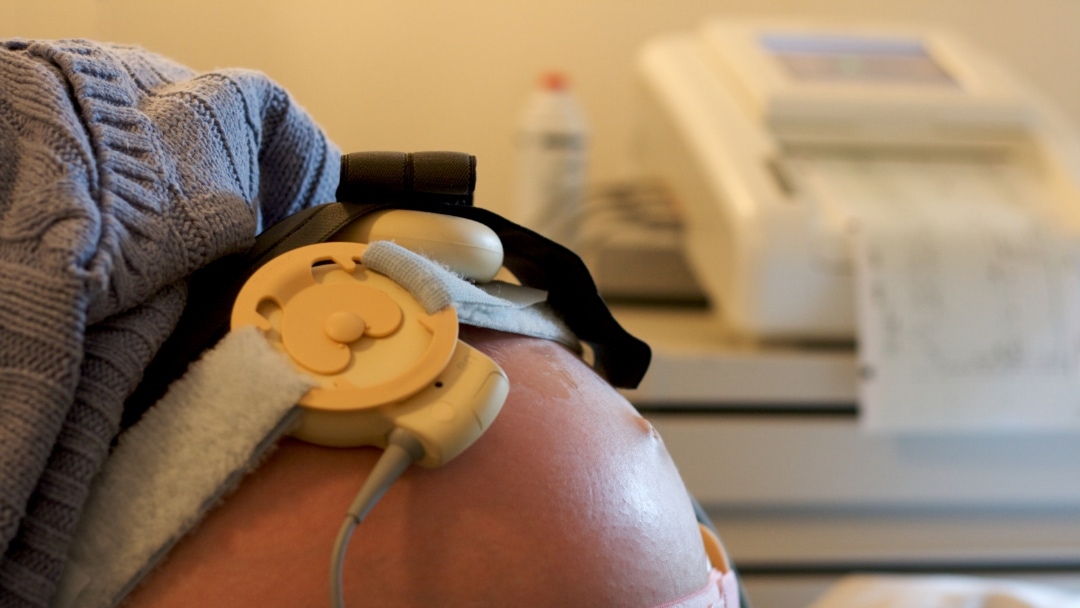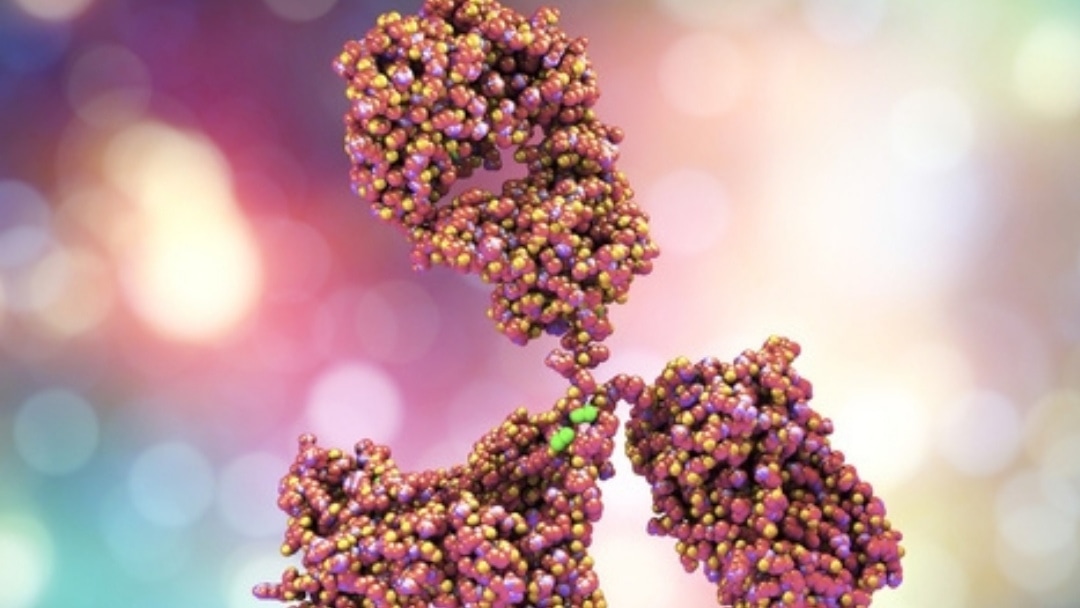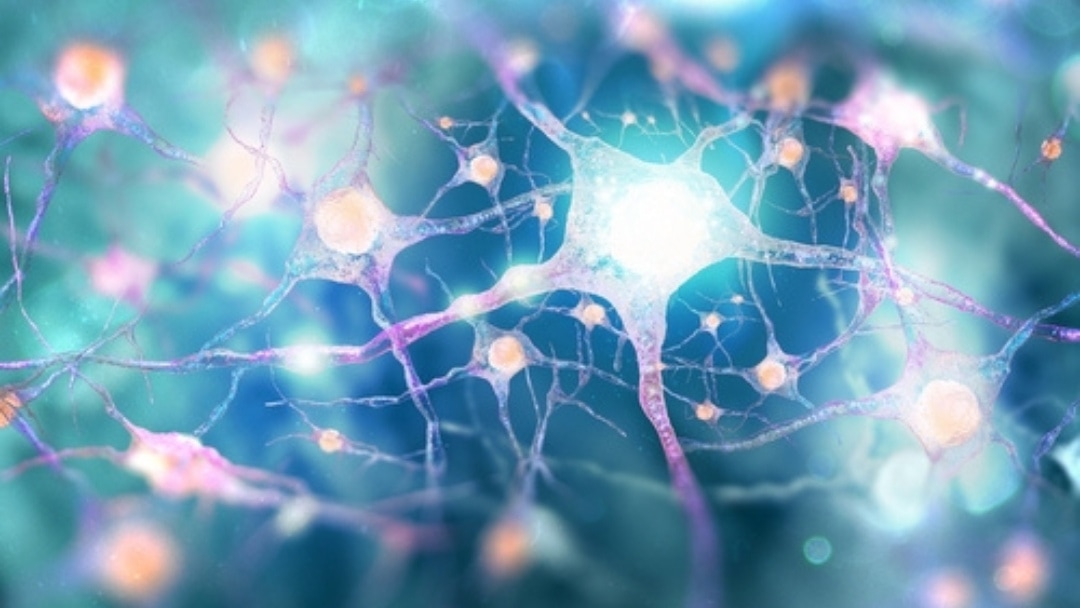Tommy’s Story – by Liane Holder
All seemed well as we began our life with our newly adopted son. His birth mother’s questionable background was not a concern because surely we could provide all the love and security and parenting necessary to overcome any rocky start he might have. Initially that would appear true as he met physical milestones.
His first word was dog and that remained his only word well past his 2nd birthday. He didn’t sleep through the night and was often irritable, but so were other children… still… something was beginning to nag at us. Entering daycare at age two, he was a handful, often biting or striking other children without provocation.
He also hugged and kissed everybody and anybody, including perfect strangers in stores. At three, he entered a language-based special pre-K due to his delayed language. We didn’t really understand at the time that his lack of speech was the red flag he had been waving at us.
What Is Fetal Alcohol Syndrome?
Tommy is now 7-1/2. We have been drawn into the world of understanding Fetal Alcohol Syndrome and Fetal Alcohol Effects (FAS/FAE). Our son’s birth mother had many challenges with substance abuse and alcoholism. She insisted that she stopped drinking as soon as she realized she was pregnant. The damage was done. We are fortunate that she stopped when she did. Tommy is FAE and has many strengths for which we are thankful.
FAE children have many of the cognitive challenges and behaviors of an FAS child, but they do not have the physical anomalies or dysmorphic features. FAS is the number-one cause of mental retardation in this country, yet few doctors have any training in it or are able to provide a clinical diagnosis. Few teachers or school psychologists are trained to recognize the challenging behaviors and learning differences.
Unlike many drugs, alcohol is a teratogen to the developing fetus. The damage is permanent and devastating. Recent studies have identified the transmigration of cells in the brain. Many a conversation I’ve had with my son started out on one subject and strangely jumped to a completely unrelated thread that left both of us frustrated as he searched for information.
With a computer as an example, imagine that you are typing in text, and you save the document. When you retrieve the document what appears on the screen is part of your document, in the middle is part of another document, and it ends with garbled data. This inconsistent response confounds parents and teachers alike. The child faced with confusing questions that he can’t answer may shut down and refuse to cooperate, or in my son’s case, explode and refuse to cooperate. This characteristic has made school a nightmare.
General Characteristics of Children with Fetal Alcohol Syndrome
The IQ’s of children with FAS/FAE have been documented as varying from 29 to 120 for FAS and 42 to 142 for FAE. Such children also frequently exhibit multiple learning disabilities, ADHD behaviors, difficulty with sequencing, with memory, difficulty understanding cause-effect relationships, and weak generalizing skills.
In frustrating situations, the FAS/FAE child may withdraw or explode. They are often overly friendly and affectionate, easily approached by strangers and therefore must be protected from victimization by others. They have difficulty predicting and understanding the consequences of behavior, difficulty making and keeping friends. Some children with FAS/FAE excel in individual sports that require gross motor coordination while others have significant delays in gross and fine motor skill development.
Effective Therapies
Like the children of many special-needs parents, my son has a list of therapists that I sometimes can’t keep straight. What is working? Sensory integration therapy has been essential. Identification of food and environmental allergies greatly improved his demeanor and behavior.
Vitamin therapy is a companion piece to the food allergies. The most significant progress Tommy is making now is working with Dr. Harry Wachs. Dr. Wachs, a vision therapist and educator, is literally teaching our son to think. He is developing the building blocks that will enable Tommy to finally move forward at school.
This summer Tommy will attend a special day camp at which he will be guided by occupational therapists to learn, “How does your engine run?” We believe that he is ready to begin identifying his feelings and developing appropriate responses and reactions to them.
I have often said that the most significant and frustrating thing I know about my son is that he is consistently inconsistent. Over the years, as I tackled each delay and disability I often thought, “Aha, now I have the answer!” In the last year, as I finally looked deeply into the effects of FAS/FAE on my son, the picture became somewhat clearer.
I have been able to see the canopy of the forest over the trees. It has helped enormously in learning how to parent this sweet, loving, frustrating child. The resources of Developmental Delay Resources (now part of Epidemic Answers) and the guidance of Patricia Lemer have been invaluable. For more information see the FASD United website.
Still Looking for Answers?
Visit the Epidemic Answers Practitioner Directory to find a practitioner near you.
Join us inside our online membership community for parents, Healing Together, where you’ll find even more healing resources, expert guidance, and a community to support you every step of your child’s healing journey.




